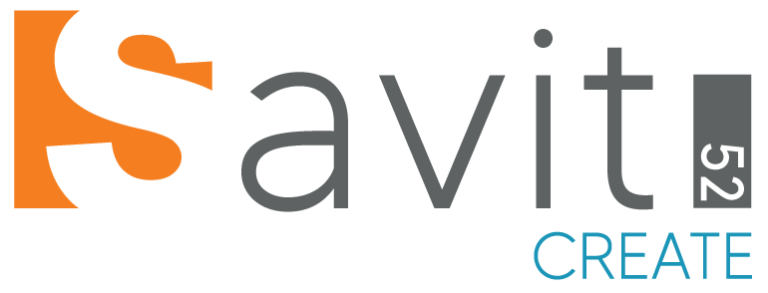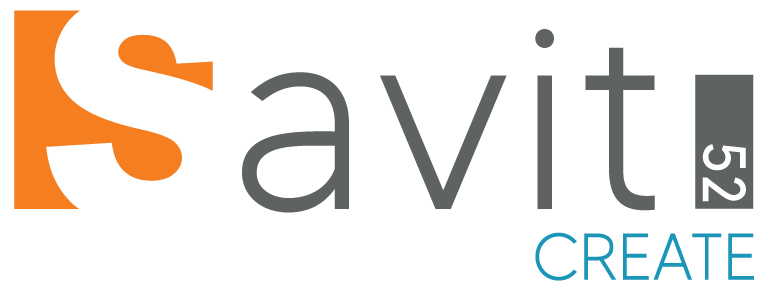In the ever-evolving landscape of website development and content management, one platform has stood the test of time and emerged as a powerhouse—WordPress. From its humble beginnings as a blogging tool to its current status as the cornerstone of a significant portion of the internet, WordPress has transformed the way websites are created, managed, and experienced.
The Birth of WordPress
Born in 2003, WordPress started as a simple and intuitive platform aimed at simplifying the process of creating and managing blogs. What began as a tool for bloggers quickly evolved into a robust content management system (CMS) that empowered users to build everything from personal blogs to intricate e-commerce sites and corporate websites.
Simplicity and User-Friendliness
One of the defining traits of WordPress is its user-friendly interface. Its intuitive design and user-centric approach allow both beginners and seasoned developers to navigate its features effortlessly. With its vast library of themes and plugins, users can customize their websites to suit their specific needs without the need for extensive coding knowledge.
Versatility and Scalability
WordPress’s versatility is unparalleled. Whether it’s a small personal blog, a portfolio website for a creative professional, an e-commerce platform for businesses, or even a robust enterprise-level website, WordPress caters to a wide spectrum of requirements. Its scalability ensures that websites can grow alongside the needs of their users, accommodating expansions and enhancements seamlessly.
A Thriving Ecosystem
At the heart of WordPress’s success lies its extensive ecosystem of themes and plugins. Thousands of free and premium themes offer diverse design options, catering to various aesthetics and functionalities. Additionally, the vast array of plugins—ranging from SEO optimization tools to e-commerce solutions—extend the platform’s capabilities, allowing users to add features and enhance performance with ease.
Community-Driven Innovation
The vibrant WordPress community plays a pivotal role in its evolution. Developers, designers, bloggers, and enthusiasts contribute to its growth by creating themes, plugins, offering support, and sharing knowledge through forums, meetups, and WordCamps globally. This collaborative spirit fosters innovation and ensures that WordPress stays dynamic and relevant.
The Future of WordPress
As technology continues to advance, WordPress remains at the forefront of web development. Embracing new trends such as mobile responsiveness, AI integration, and enhanced security measures, WordPress continues to adapt to meet the evolving needs of its users.
With the imminent release of Gutenberg, a block-based editor aimed at revolutionizing content creation, WordPress reaffirms its commitment to providing an intuitive and modern editing experience for its users.
Conclusion
WordPress has transcended its origins as a blogging platform to become the backbone of the internet. Its blend of simplicity, versatility, and a thriving ecosystem has empowered millions of individuals and businesses worldwide to establish their online presence effectively.
As WordPress continues to evolve, its dedication to user-friendliness, innovation, and community collaboration ensures that it remains the go-to platform for building remarkable websites, shaping the digital landscape for years to come.












